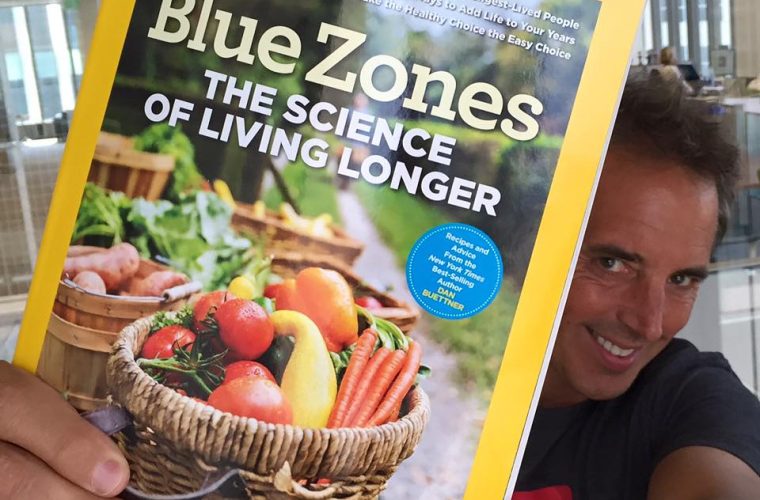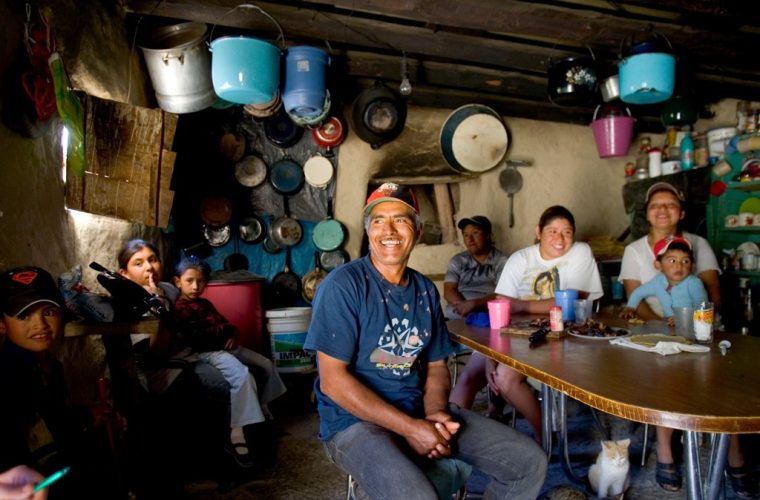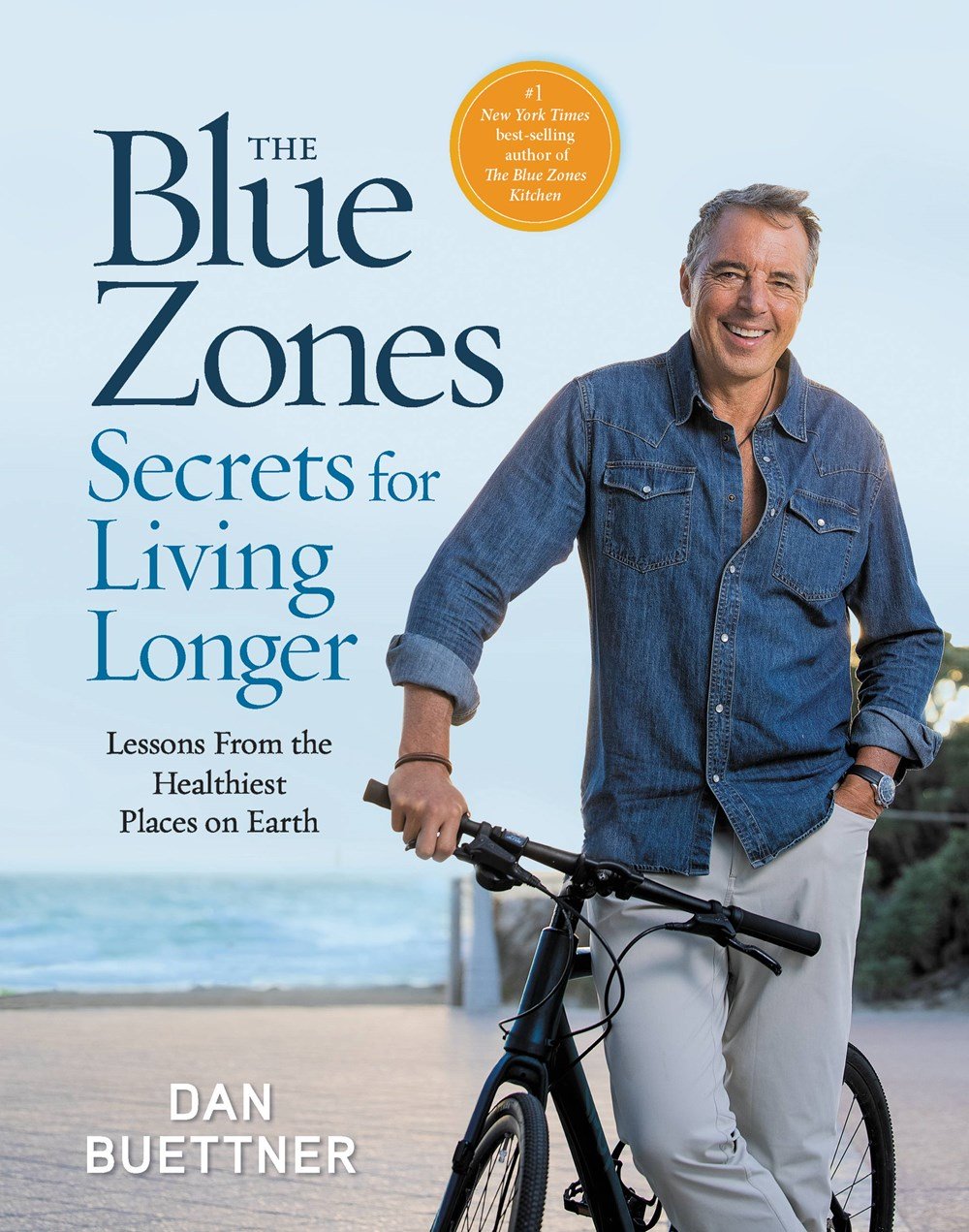Imagine life in 1993: If you wanted to send a message to a friend you had to write it by hand, put it in an envelope, and wait three days for the post office to deliver it. If you wanted to know what was playing at a local theater, you had to go out and buy a newspaper. And, if you wanted to know who the 13th king of Spain was, or more about the mating habits of Tasmanian marsupials, you actually had to go to a library.
Despite all of the electronic conveniences that should theoretically make more time available for coffee with a friend, reading a book, or relaxing, it seems we just keep getting busier and more stressed. It seems every waking moment is scheduled with work or kids or social obligations or chores—and our electronics ramp up the urgency, pinging us with reminders.
It seems every waking moment is scheduled with work or kids or social obligations or chores—and our electronics ramp up the urgency, pinging us with reminders. Every time we feel worry, hurry, or stress, it triggers the inflammatory response. This inflammation builds up with time, creating the conditions that invite heart disease, several cancers, Alzheimer’s disease and even more wrinkles.
In the original blue zones regions, life unfolds more slowly, more quietly, and with less urgency. People’s lives aren’t laced with worry, hurry, and the constant need to be elsewhere. Not coincidentally, perhaps, they live longer lives.
Here are a few blue zones lessons for living slower and better.
Have a religion or spiritual life.
Make time each week, and sometimes each day, to take the focus off our mortal lives and ponder something bigger.
Feel beholden to a community.
When you think of it, we all have 99 problems (it could be 59 or 199). We can work very hard to eliminate the top nine problems — getting rid of a wrinkle, fixing a car, getting a kid through math class, etc., but as soon as we get through those, there are nine more new problems at the end of the list. The point is that the 99 problems never go away. The more we focus on those problems, the bigger they loom in our psyche. Taking the focus off our problems and focusing on making a better community deflates and diminishes the 99 problems. The more we focus on those problems, the bigger they loom in our psyche.
Grow a garden.
Nothing slows you down like petunias and tomatoes.
Eat with family or friends.
Conversation always accompanies food, which by definition, makes for slower eating.
Do happy hour.
Take a daily nap.
Take a cue from Ikarians and take a mid-afternoon break. Napping lowers stress hormones and rests the heart.
Move more, move often, move naturally.
Blue zones centenarians walked most places — forcing them to schedule fewer things.
Sleep enough.
People in blue zones regions rise with sun and sleep with night. They sleep the eight to 10 hours experts say is the optimal amount to revitalize our brains and bodies.





